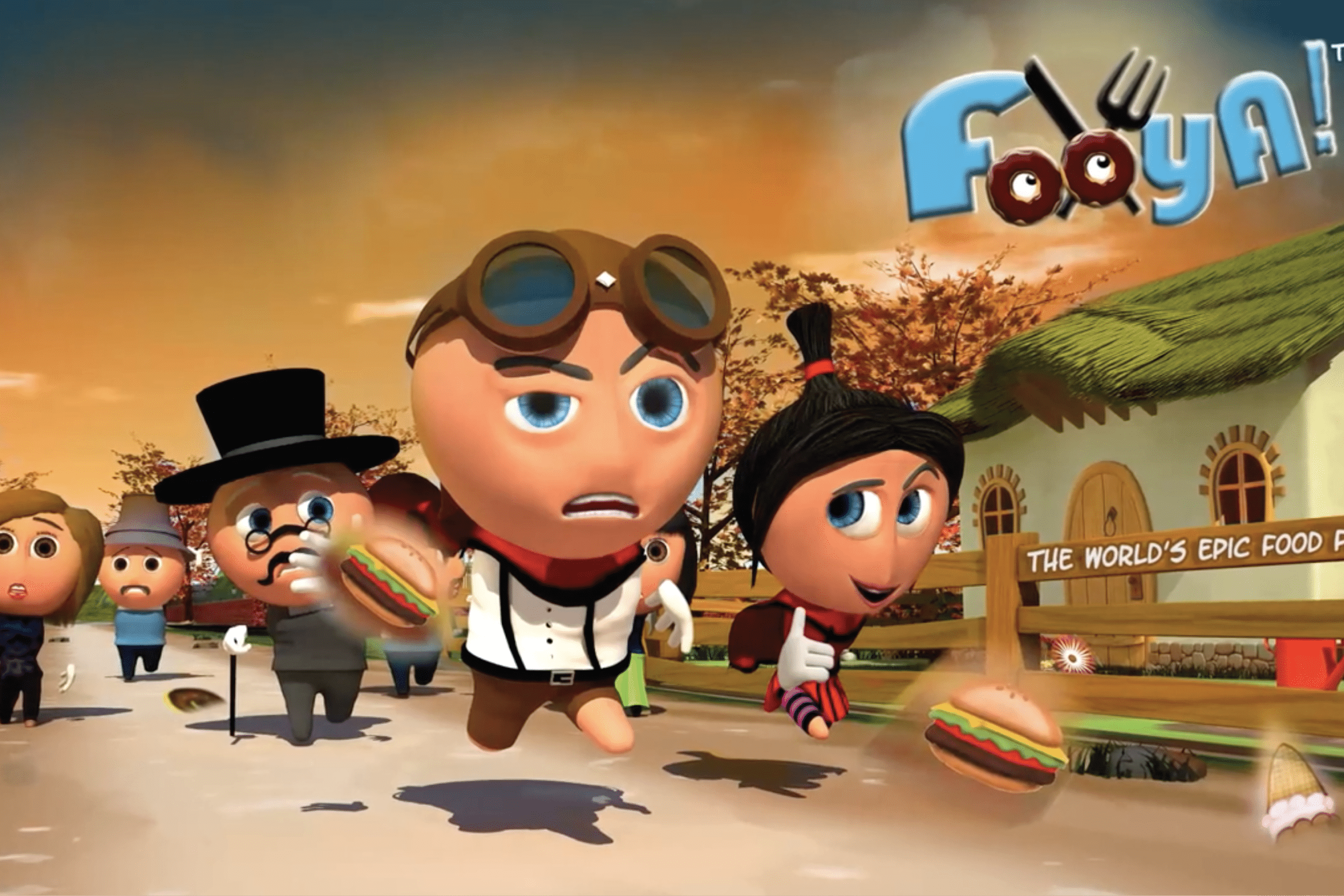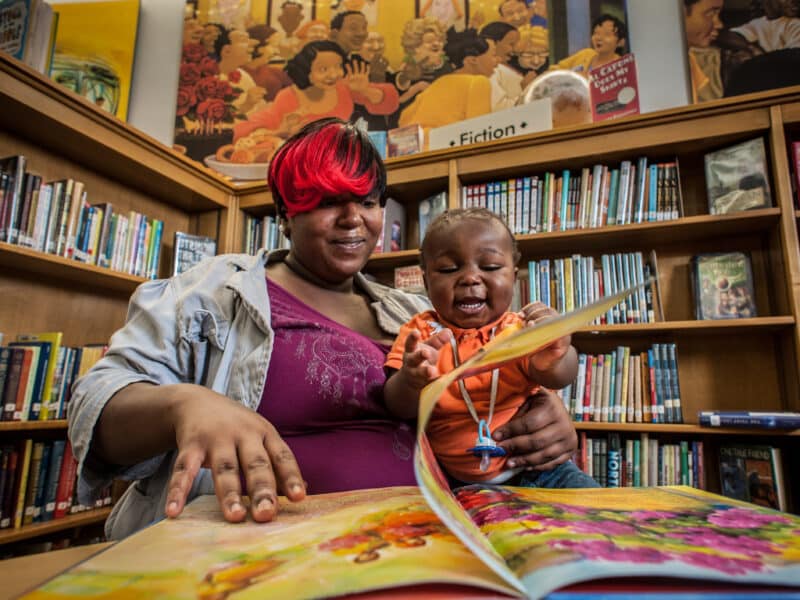Food choices made by 10- and 11-year-olds in India improved significantly after they played a mobile game where avatars fight robots that represent unhealthy foods, and the avatar’s speed and body shape vary in response to the type of food it eats, new research suggests.
The study was led by Carnegie Mellon University and conducted by researchers from the Johns Hopkins Center for Communication Programs and sister organization Center for Communication and Change – India (CCC-I). It appears in the journal JMIR mHealth and uHealth.
Most video games for children use explicit education strategies, such as providing answers, feedback, instructions or suggestions to players. This study examined how an action video game called fooya!, which uses implicit learning to promote healthy eating and physical activity in children, affected actual food choices. Implicit learning means that the children were not made aware that they were playing an educational game.
The study involved 104 children ages 10 and 11 years from three schools in Chennai, India. The children were randomly assigned to a group that played fooya! or a control group that played Uno, a game that does not feature dietary education. Children played the games for 20 minutes each in two sessions. After playing, they were shown three pairs of healthy and unhealthy food items from three categories – drinks (water and a carbonated soft drink), savory snacks (cashews and potato chips), and sweet snacks (raisins and a chocolate bar) – and asked to choose two items to eat.
Children who played fooya! were more likely to choose healthy foods immediately after playing the game, the study found. Children’s food choices were not influenced by how many levels of the game they played, as previous research on this topic has found, but by food facts children read while playing the game: Reading more facts about healthy foods was associated with healthier food choices, while reading more facts about unhealthy foods was associated with more unhealthy food choices, a finding the authors called counterintuitive. Still, children searched for more food facts about healthy food than about unhealthy food, which drove the overall positive effect of playing the game.
“This finding will influence how we communicate to children about healthy food choices for behavior change,” says CCP’s Uttara Bharath Kumar, one of the study’s authors. “It is consistent with what we know from behavioral science that fear and negative communication do not work as well as positive messaging and promoting self-efficacy – the notion that ‘you can do it!’”
Study leader Rema Padman, trustees professor of management science and healthcare informatics at Carnegie Mellon University’s Heinz College, says the study suggests that “digital vaccines” – which encourage positive behavior, in this case through a game application delivered via mobile phone – can be a valuable prevention approach.
“While many factors contribute to overweight and obesity, dietary decisions are a leading cause,” she says. “Video games that are perceived by children as a fun activity rather than a learning tool present a great opportunity to change children’s health behaviors by delivering relevant knowledge implicitly. We are studying such gamified interventions as ‘digital vaccine’ candidates that have the potential to influence lifestyle behavior changes and lead to better health outcomes.”
“As we build a platform of scalable, rich, game-like engaging experiences, we aim to protect the health of children and families through Science”, says Bhargav Sri Prakash, Founder & CEO of FriendsLearn, which developed the game.
While the research only pointed to short-term food choices, the researchers say that more research could help determine longer-term effects.
Along with Carnegie Mellon, CCP and CCC-I, Hofstra University, FriendsLearn, The Mithra Trust, Mind in Motion and Seethapathy Clinic and Hospital all contributed to the research.
“Impact of Pediatric Mobile Game Play on Healthy Eating Behavior: Randomized Controlled Trial” was written by Yi-Chin Kato-Lin, PhD; Uttara Bharath Kumar, MHS; Bhargav Sri Prakash, MEng; Bhairavi Prakash, MSc; Vasini Varadan, MEcon; Sanjeeta Agnihotri, MSW; Nrutya Subramanyam, MBBS; Pradeep Krishnatray, PhD; and Rema Padman, PhD.




